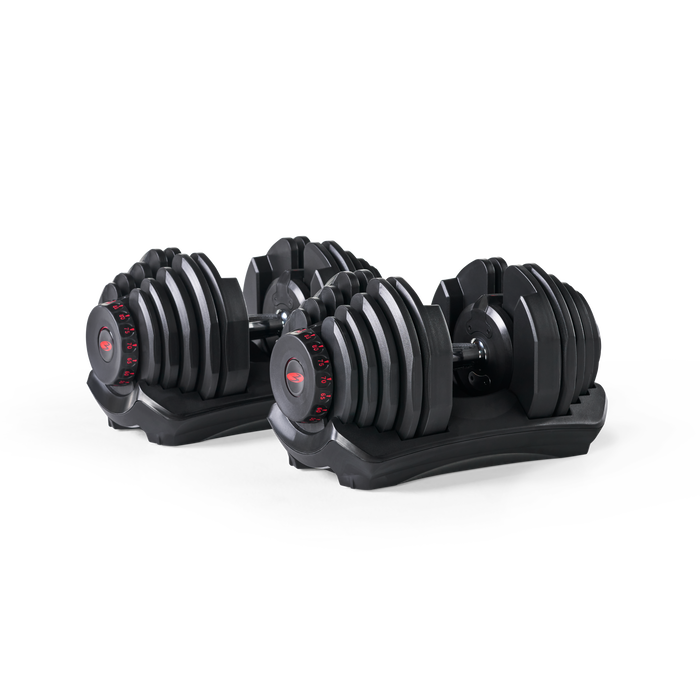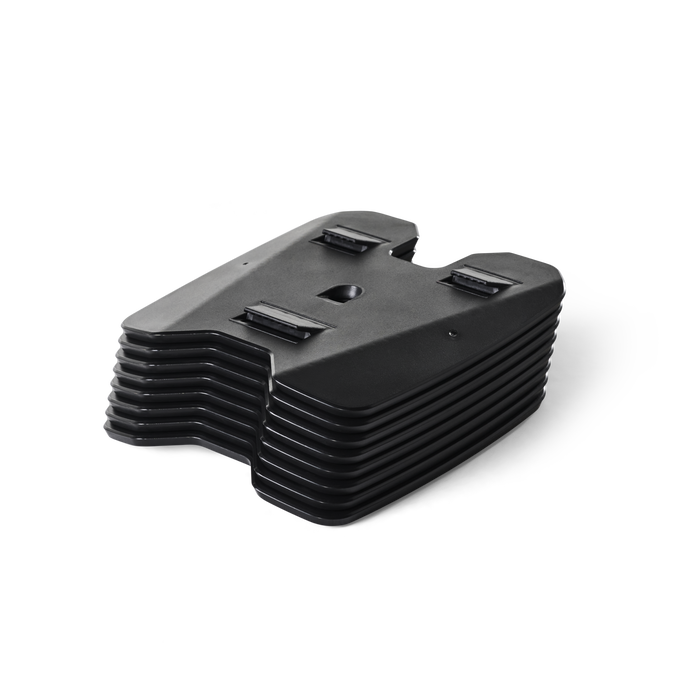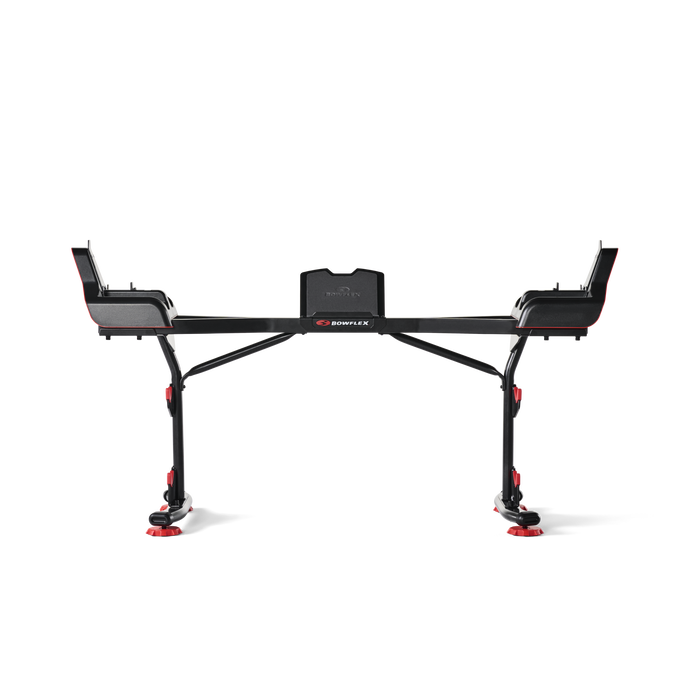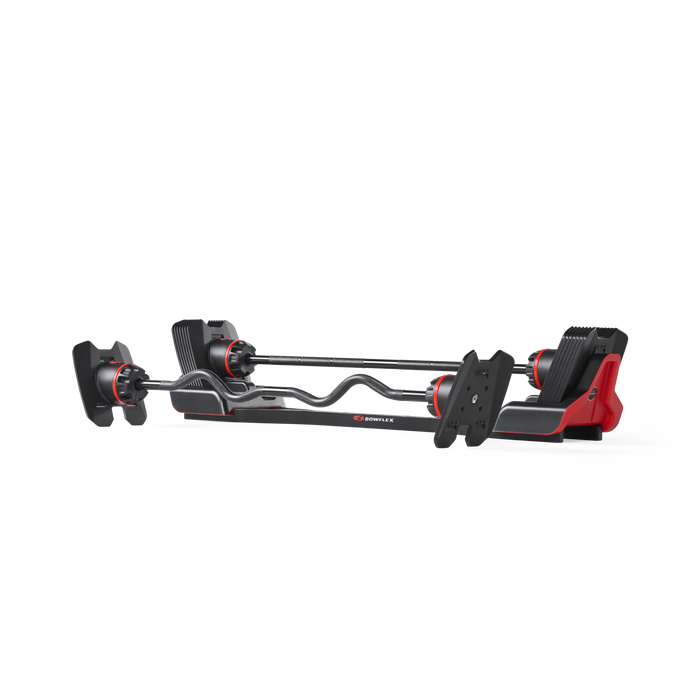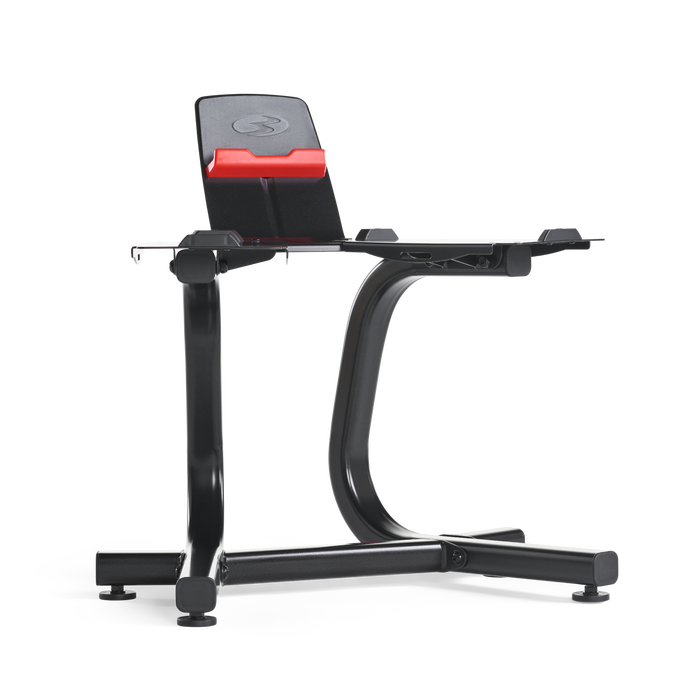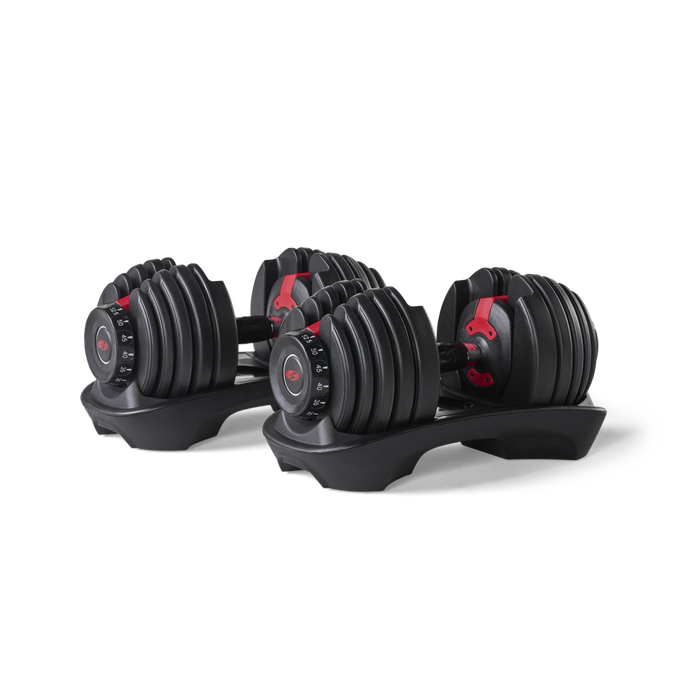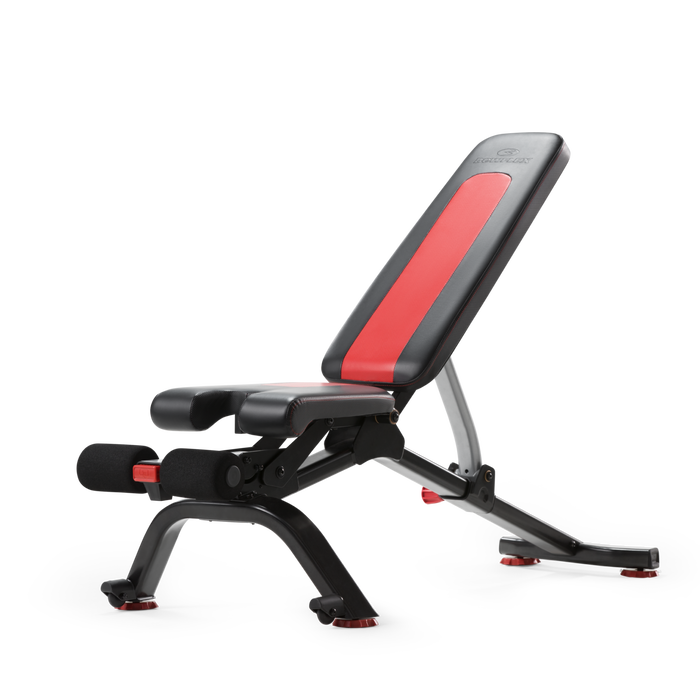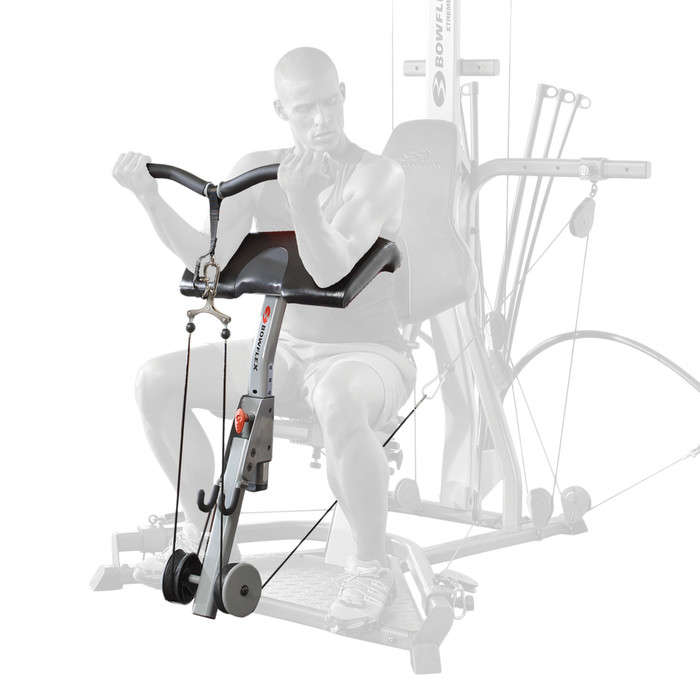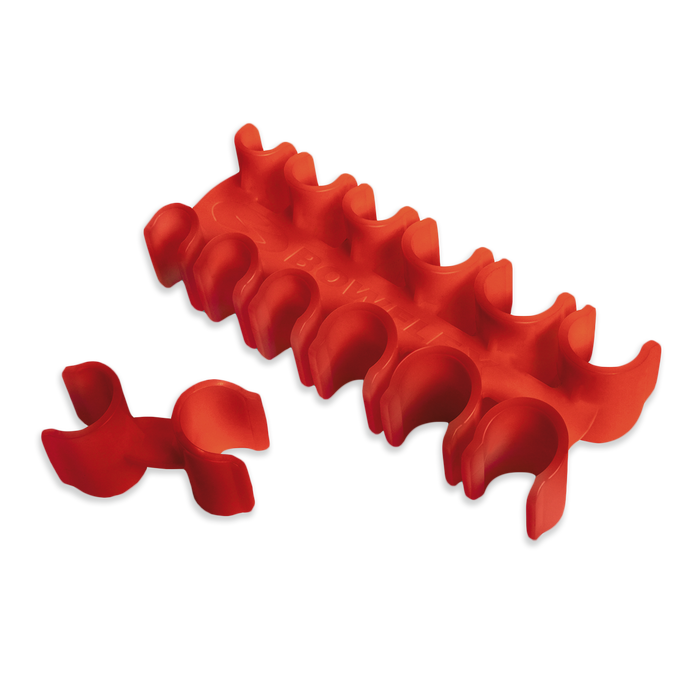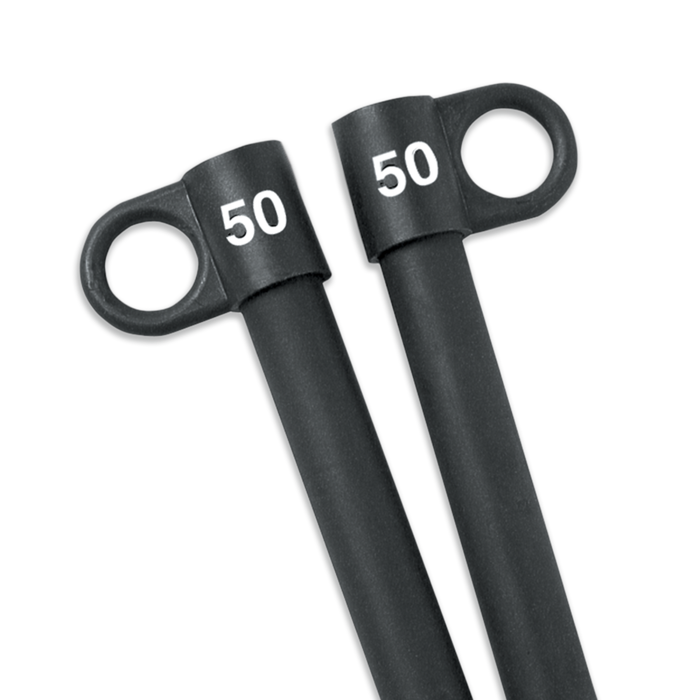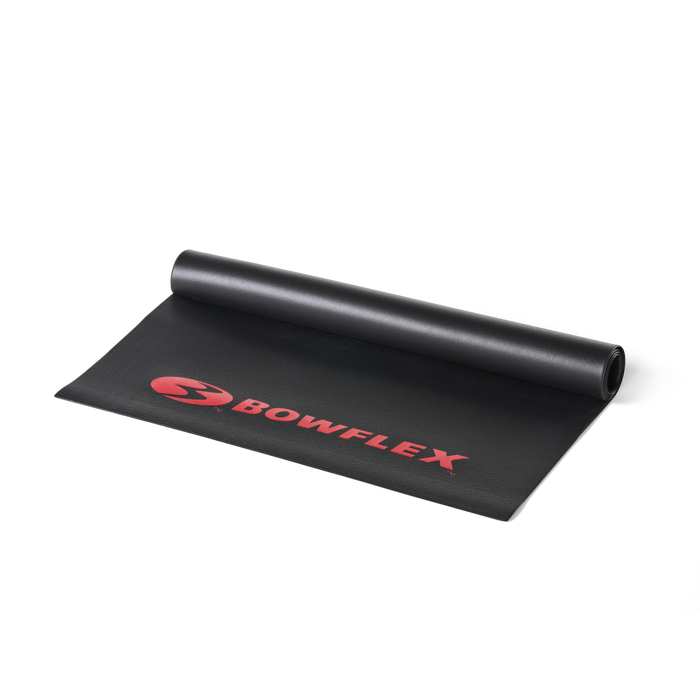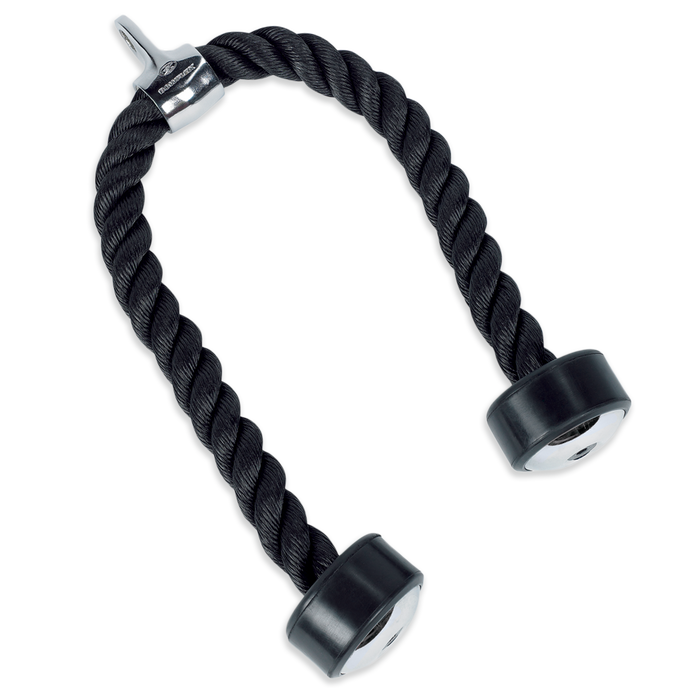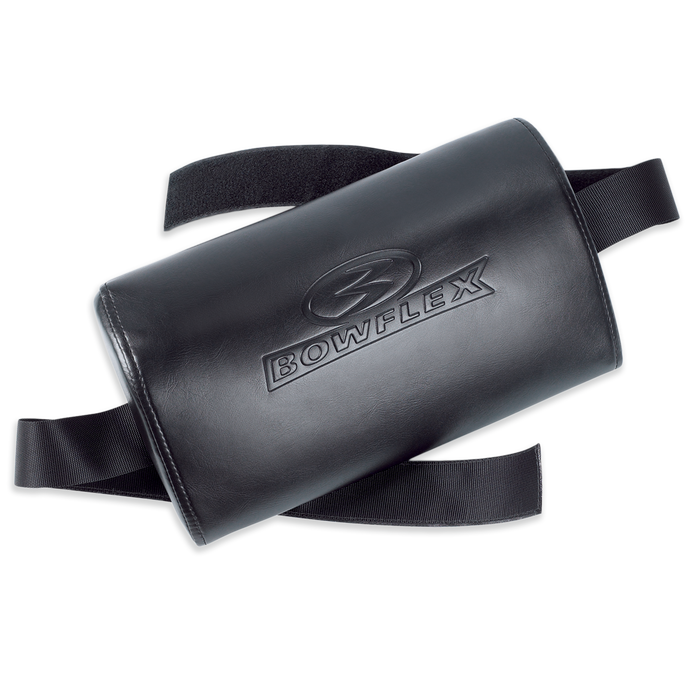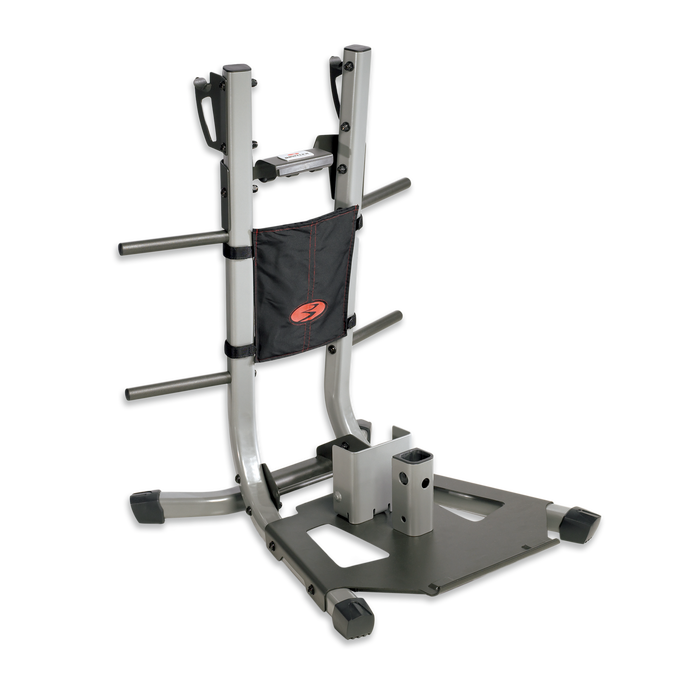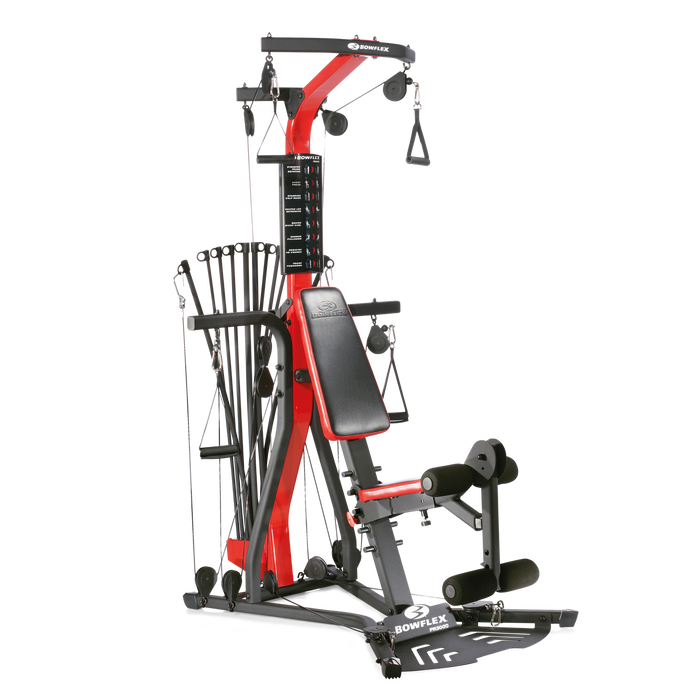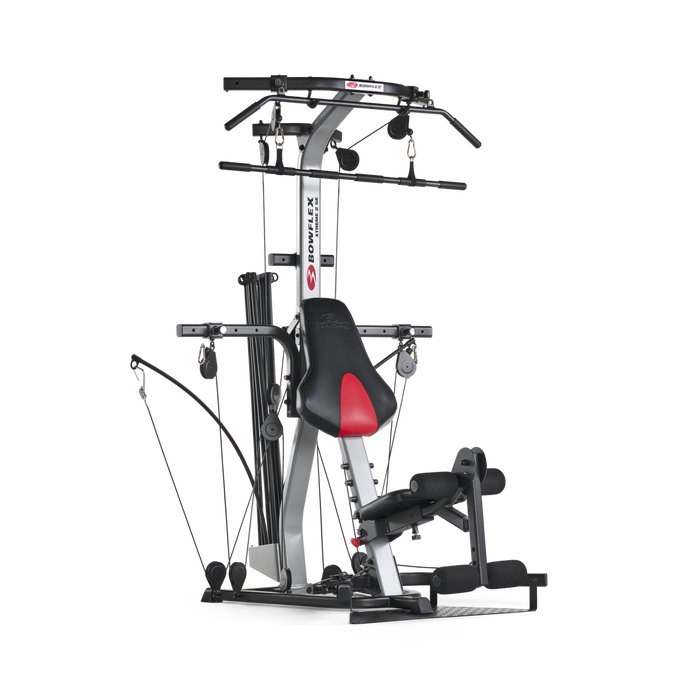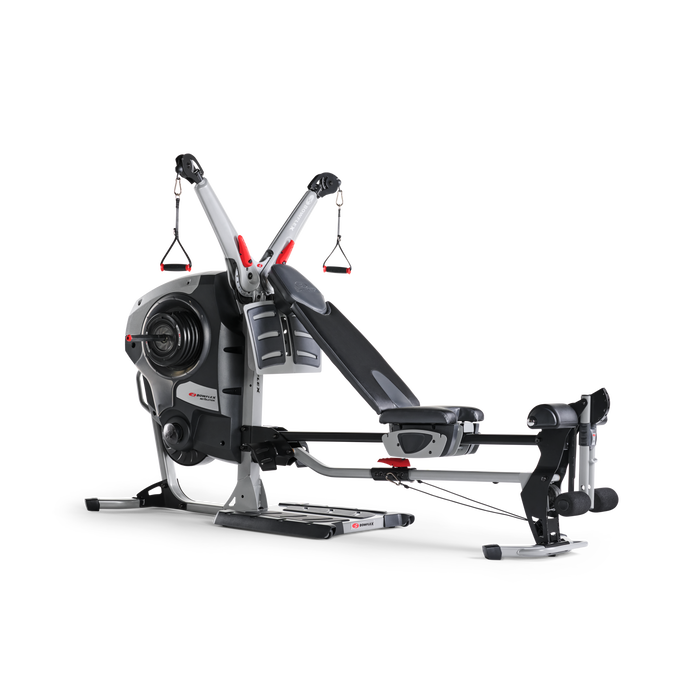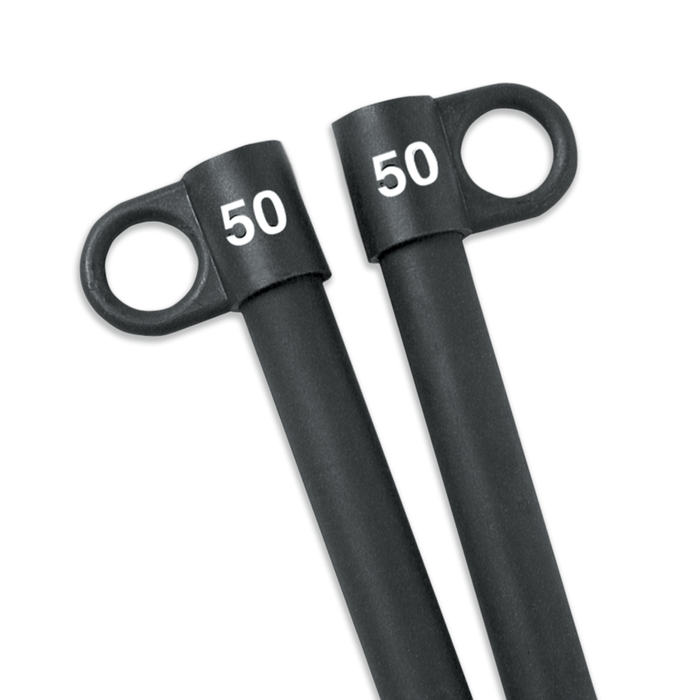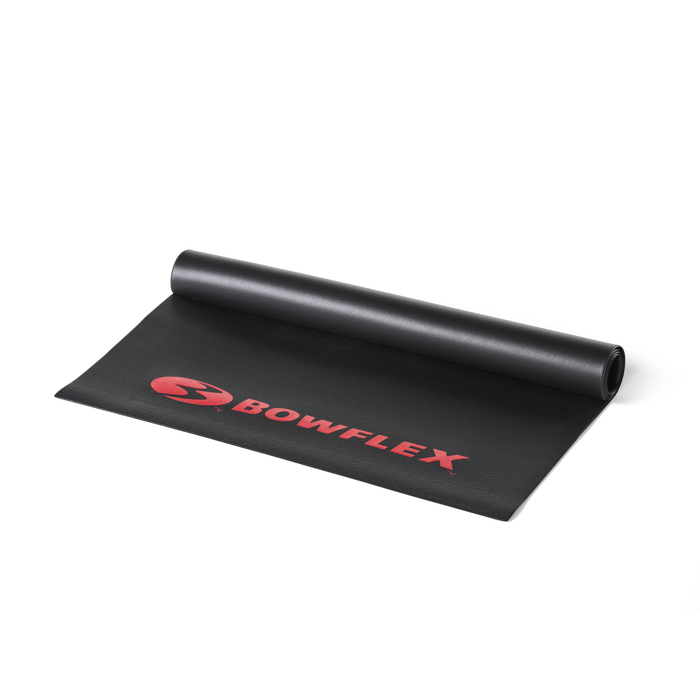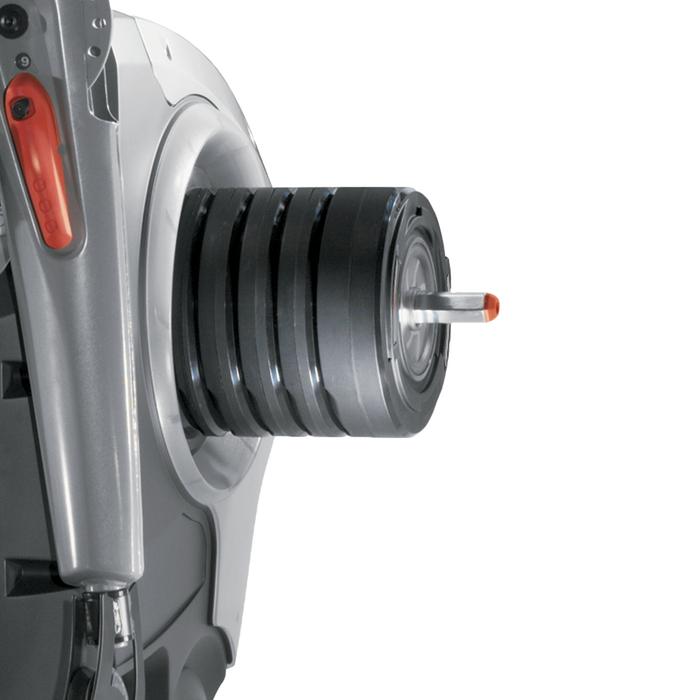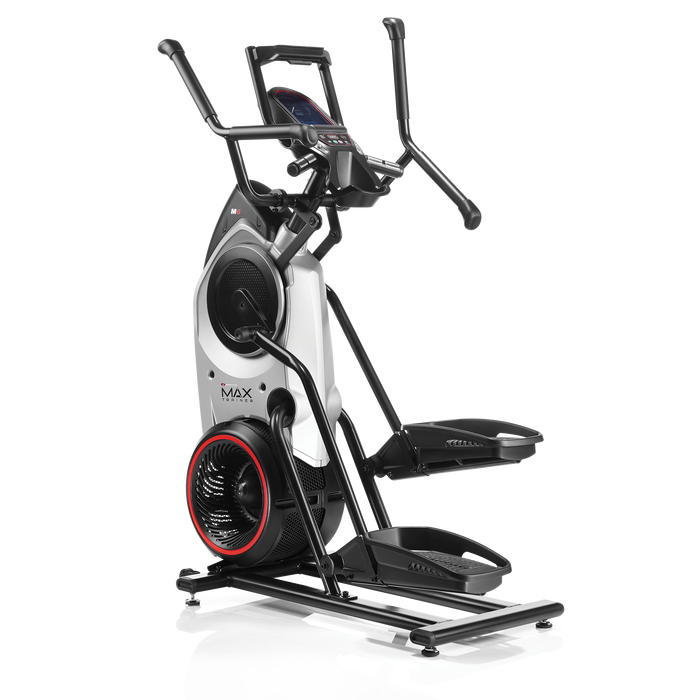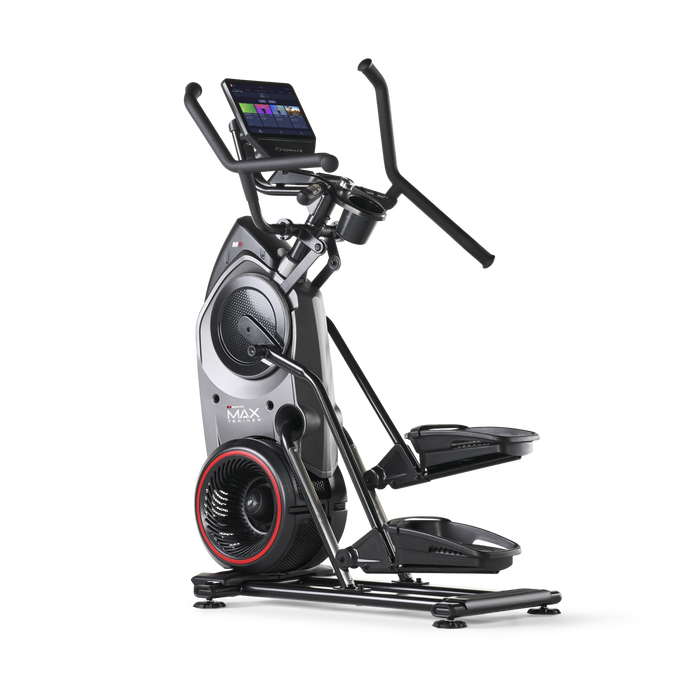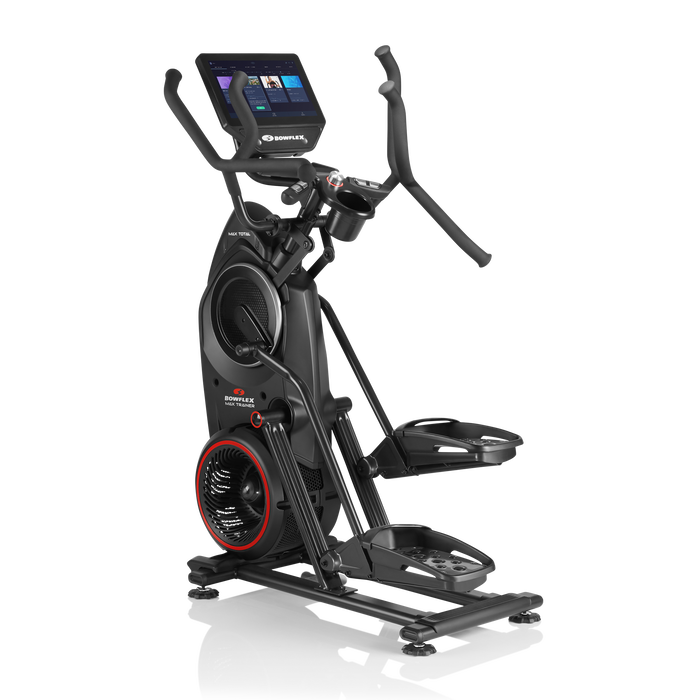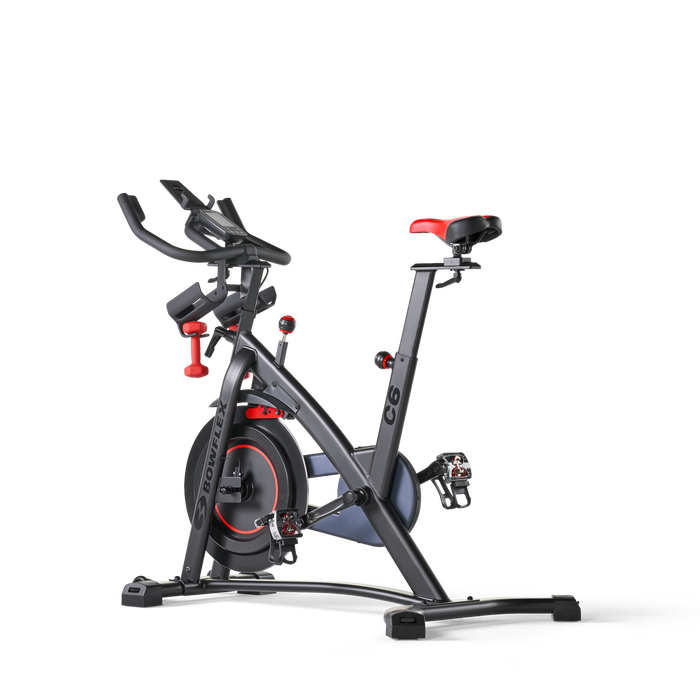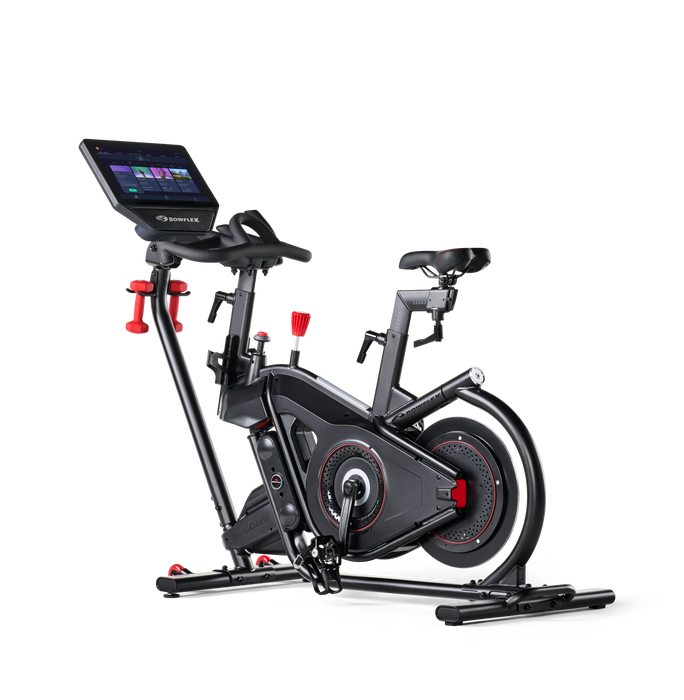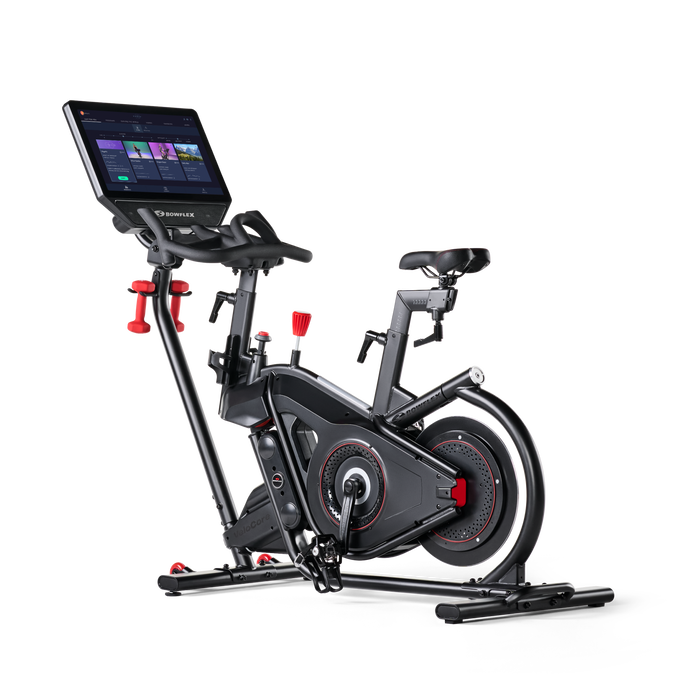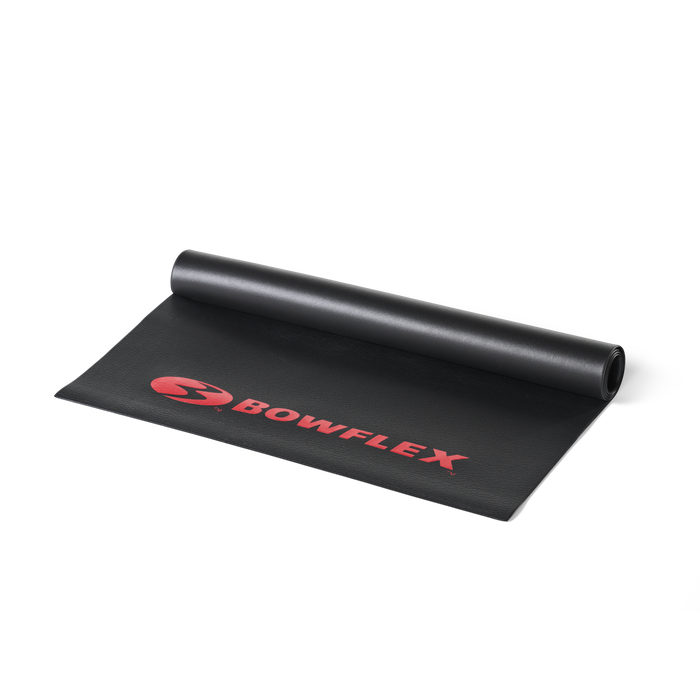Posted On Aug 16, 2013 By Erin Kuh, MBA, RD
Eating protein at the right time and in the right amount can help you lose weight, preserve and build muscle, increase strength, and keep hunger at bay longer than just eating carbs. Proteins are essential to our daily functioning. Broken down into amino acids, they are the building blocks for hormones and muscle tissue. Here's what you need to know:
- Does it matter when I eat protein? Eating some protein with every meal is optimal. Studies show that having a consistent intake of protein throughout the day is more effective in weight loss, building strength, and muscle retention as opposed to a high carb meal such as a bagel, which has little to no protein, and then overloading on protein with a 10oz steak at dinner. If your goal is building muscle, eating a snack or meal with both carbs and protein within 30-45 minutes of working out is ideal.
- What type is best for building muscle? There's still a lot of research to be done in this area but whey protein, especially post-workout, is an effective addition to eating an overall balanced diet and strength training effectively. However, more protein does not automatically equal bigger muscles! This is a common mistake that often leads to fat gain rather than achieving more muscle tone, because you're getting too many calories.
- Is there anything I should look for in a protein powder? Look for "whey protein isolate" as one of the first ingredients and 20-25g of protein per serving. Try to avoid products with artificial colors and fillers like maltodextrin and soy lecithin. Whole food protein options, such as meat, fish, eggs, and Greek yogurt, are still best.
- I'm a vegetarian or have been trying to eat less meat. What are my best options? You can still get plenty of protein from beans, nuts, lentils, tofu, tempeh, and high-protein whole grains, including quinoa and sprouted grain breads. Try to stay away from imitation meat products such as tofu, bacon and hotdogs. They're overly processed, usually high in sodium and have a lot of unhealthy additives. If you want a vegetarian protein powder, hemp and pea protein are great options.
- How much should I be eating? If you work out a few times per week, shoot for about 0.5 - 0.6 grams of protein per lb of body weight or 25-30% of your daily calories. For example, a 150 lb person would need about 75-90 grams of protein per day. The following sample day provides 80g-90g of protein:
- Breakfast: 1 egg with 1 slice of toast and 1 orange
- Snack: 1 apple with 1 tbsp peanut butter
- Lunch: Turkey Sandwich
- Snack: 6oz Greek Yogurt
- Dinner: 4oz chicken, 1 baked potato, and salad
Note: If you work out intensely, for example, 5-6 days per week with heavy lifting, increase your protein to 0.6-0.8 grams of protein per lb of body weight.

